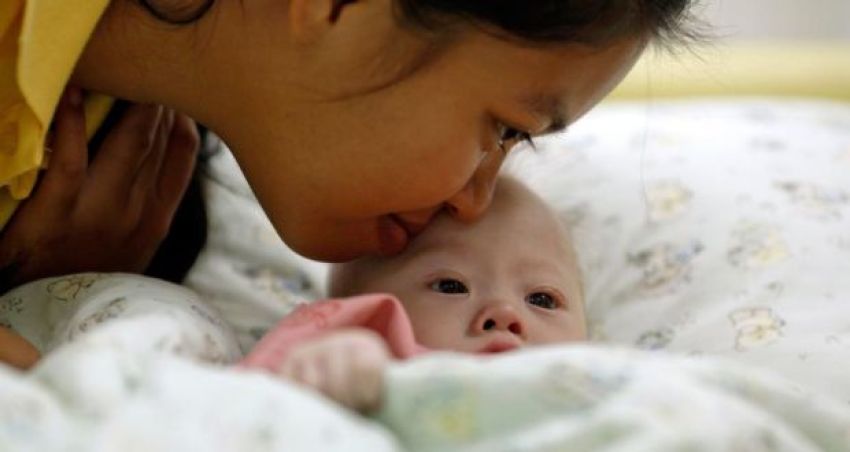NC gov. vetoes bill banning abortions based on Down syndrome, race and sex

North Carolina Gov. Roy Cooper has vetoed a bill that, among other things, would have prohibited abortions from being performed because an unborn baby has been diagnosed with Down syndrome.
Last Friday, Cooper announced that he vetoedHouse Bill 453, also known as the “Human Life Nondiscrimination Act,” arguing that the bill is unconstitutional. The bill would have made it illegal in the Tar Heel State to perform abortions based on innate characteristics, such as race, sex or genetic characteristics, including any genetic abnormalities.
“This bill gives the government control over what happens and what is said in the exam room between a woman and her doctor at a time she faces one of the most difficult decisions of her life,” the Democrat governor said in a statement.
“This bill is unconstitutional and it damages the doctor-patient relationship with an unprecedented government intrusion.”
North Carolina House Speaker Tim Moore, a Republican, took exception to the veto.
“Gender, race, and disability are protected classes in most other contexts. Why should we allow the unborn to be discriminated against for these same traits?” Moore said in a statement.
“The message sent by this veto is that some human life is more valuable than others based on immutable characteristics.”
According to The Associated Press, the veto will require bipartisan support in the state legislature to override.
Among its provisions, HB 453 prohibited what it described as “Eugenics abortions," meaning abortions based on the presumed race and sex of the child or presumed presence of Down syndrome. North Carolina already bans abortions based on the sex of the baby but the vetoed law would have bolstered existing law.
“A person shall not intentionally or knowingly perform, induce, or attempt to perform or induce an abortion of an unborn child if the abortion is being sought because of the actual or presumed race or sex of the unborn child or because of the presence or presumed presence of Down syndrome,” stated the bill.
Introduced in March, the proposed legislation passed the House of Representatives in May by a vote of 67-42 and passed the Senate earlier this month by a vote of 27-20.
Recently, multiple states have considered banning abortions performed because of a prenatal Down syndrome diagnosis. A number of states have passed those bills, such as South Dakota and Arizona.
In April, the U.S. Court of Appeals for the Sixth Circuit reversed a lower court decision and released a full-court opinion upholding Ohio’s Down syndrome abortion ban.
Circuit Judge Alice M. Batchelder, a George H.W. Bush appointee, authored the majority opinion, concluding that “the right to an abortion, even before viability, is not absolute.”
“In [Roe v. Wade], the Supreme Court said, ‘we do not agree’ with the contention ‘that the woman’s right is absolute and that she is entitled to terminate her pregnancy at whatever time, in whatever way, and for whatever reason she alone chooses,’” wrote Batchelder.
“Simply put, there is no absolute or per se right to an abortion based on the stage of the pregnancy. The district court erred by so holding, and the plaintiffs cannot succeed on that proposition standing alone or show any likelihood that they could do so.”
In January, the U.S. Eighth Circuit Court of Appeals struck down a Down Syndrome abortion ban passed in Arkansas.



























